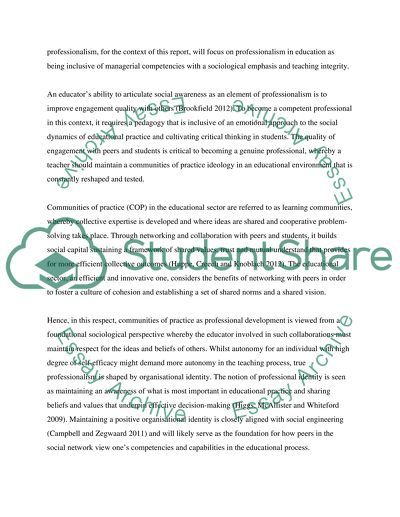Cite this document
(Professional Development and Evolution Term Paper, n.d.)
Professional Development and Evolution Term Paper. Retrieved from https://studentshare.org/education/1665776-professional-development-report
Professional Development and Evolution Term Paper. Retrieved from https://studentshare.org/education/1665776-professional-development-report
(Professional Development and Evolution Term Paper)
Professional Development and Evolution Term Paper. https://studentshare.org/education/1665776-professional-development-report.
Professional Development and Evolution Term Paper. https://studentshare.org/education/1665776-professional-development-report.
“Professional Development and Evolution Term Paper”, n.d. https://studentshare.org/education/1665776-professional-development-report.


